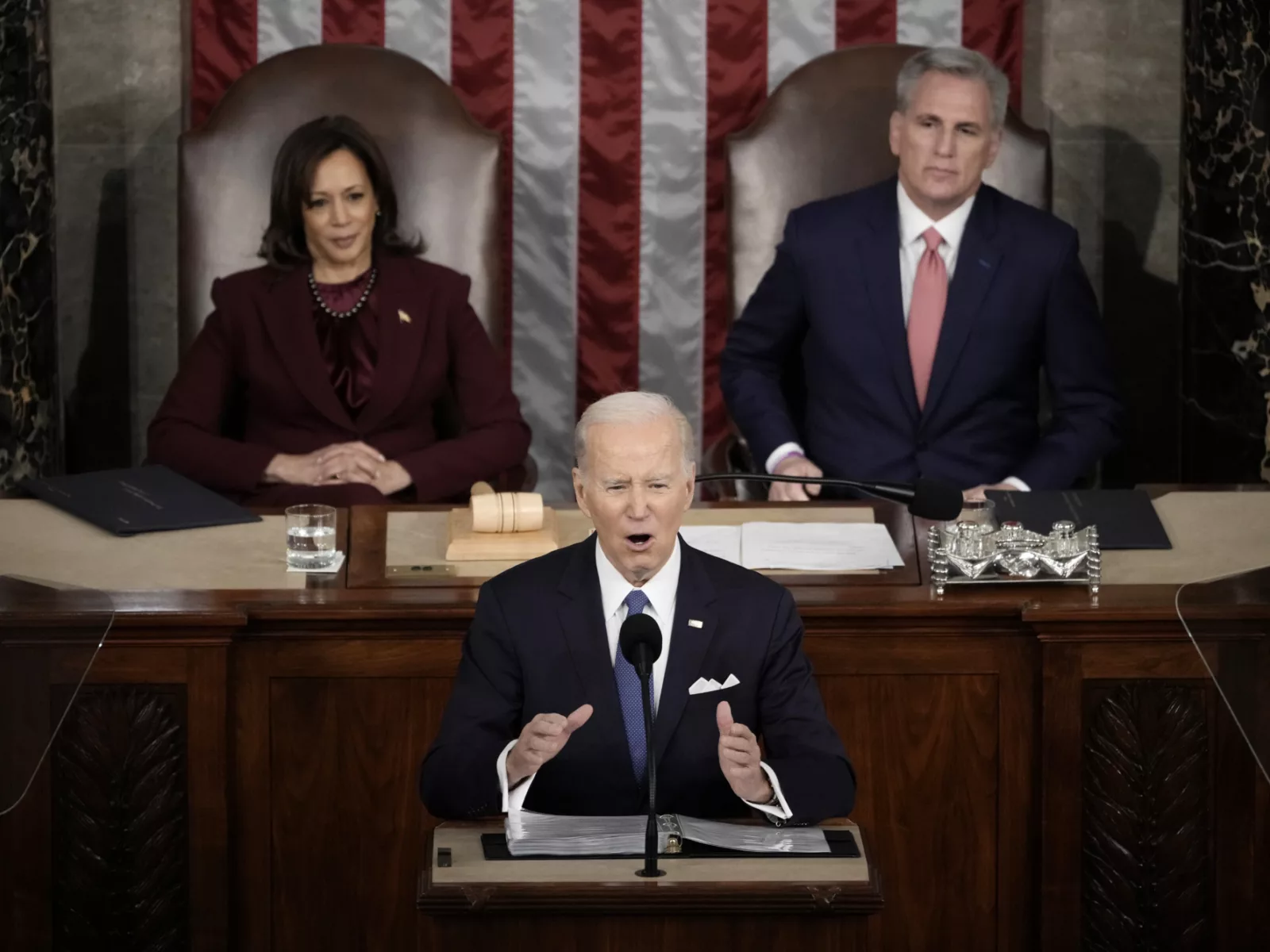Editor’s note: This article was originally published on Nov. 10, 2020 and was updated Nov. 10, 2021.
This Veterans Day, when we honor the more than 17 million individuals across the United States who have served their country, serves as a poignant reminder that veterans far too often become victims of deep injustices and systemic barriers to opportunity.
Veterans die at disproportionately higher rates of suicide by firearms: Seventeen veterans die every day by suicide, with 69 percent of those dying from self-inflicted gunshot wounds, according to the Brady Center to Prevent Gun Violence.
Countless veterans have fallen prey to predatory higher education institutions, often for-profit schools that peddle the ease and convenience of their programs while charging exorbitant tuition rates and returning meaningless degrees.
And veterans tend to face significant health challenges after retiring from active duty, with 53 percent of 10,000 veterans surveyed saying they experienced chronic physical conditions, underscoring their need for affordable lifelong medical care.
As we show our gratitude today, we also reflect upon the myriad ways in which Arnold Ventures’ grantees are working to right the wrongs afflicting veterans and their families, and to create a brighter and more prosperous future for those who have sacrificed and served our nation.
Gun Violence
Veteran voices have been critical in underscoring the need for gun violence research at a federal level.
Until 2019, the federal government had spent more than two decades refusing to fund the sort of fundamental studies that can help save lives. Often veterans were hardest hit. Suicides represent two-thirds of all gun deaths, and a disproportionate number of those suicides kill veterans.
To help fill this gap in funding, Arnold Ventures supported the launch of the the National Collaborative on Gun Violence Research. Philanthropic and private sector dollars can fund the research and data collection about veterans and gun violence that Congress has ignored for too long. For example, a NCGVR grant to the UCLA Center for Health Policy Research is funding a study about risk factors for gun suicide and urban gun violence related to veterans and other understudied and disproportionately impacted groups. Foundations are filling gaps, but congressional action is needed for sustained research.
Protecting Veterans from Predatory Colleges
Since the passage of the GI Bill more than 75 years ago, predatory schools have targeted thousands of veterans, recruiting them into programs of dubious quality that don’t lead to high quality jobs. Many of these institutions charge tuition rates that exceed GI Bill benefit caps, resulting in veterans entering the job sector with a worthless degree and serious student debt. For thousands of military veterans, the educational and economic consequences linger.
Part of what made student veterans so attractive to predatory colleges was a loophole in student loan money called the 90⁄10 rule. It exempted G.I. Bill dollars from the limits on federal funding for for-profit schools. Veteran students were exceptionally valuable to schools looking to maximize their revenue, and for-profit colleges were highly incentivized to aggressively recruit veteran students. After significant advocacy and work on the part of grantees and partner organizations, Congress finally closed the 90⁄10 loophole in March of this year in the American Rescue Plan Act of 2021.
This fall and winter, the U.S. Department of Education has been holding negotiated rulemaking to create rules around how federal dollars are used in student loans and what recourse students may have should they be cheated. Our profile on Kendrick Harrison, in partnership with grantee Student Defense and filmmaker/photographer Alex Shebanow, highlights the difficulties student veterans have when navigating the student loan and debt relief systems.
Arnold Ventures grantees Veterans Education Success and the American Legion have worked to help thousands of veterans navigate the complexities of federal bureaucracy to apply for loan forgiveness under a clause of the Higher Education Act known as The Borrower Defense Rule, which is intended to relive defrauded students of debt accumulated through the attendance of for-profit schools.
Expanding Access to Valuable Medical Treatments, Lowering Drug Costs
Seeking to lower prescription drug costs and expand access to high-value medical treatments and therapies for veterans, the U.S. Department of Veterans’ Affairs (VA) in 2017 began integrating research by the Institute for Clinical and Economic Review (ICER) into its coverage and price negotiations with the pharmaceutical industry.
ICER, a longtime AV grantee, analyzes evidence to assess the effectiveness and value of drugs and other medical services. The VA, which unlike Medicare has the statutory authority to negotiate drug prices, does not exclusively rely on ICER’s analysis to determine coverage decisions but rather uses ICER’s reports as a guide as it weighs the effectiveness and value of certain drugs and treatments.
Despite concerns stoked by the pharmaceutical industry that the VA’s utilization of ICER’s research would limit veterans’ access to necessary drugs and treatments, the partnership has resulted in more effective and affordable care for veterans and their families.
Three years since their relationship began, ICER’s drug assessment reports have helped the VA achieve better pricing from drug manufacturers for prescription medications for veterans and their family members, while expanding access to treatments that are valuable. In August, the VA further expanded its relationship with ICER when it commissioned a special assessment of the cost-effectiveness of trained service dogs for veterans who suffer from post-traumatic stress disorder (PTSD). The final report will be presented to the National Academy of Medicine in 2021 for deliberation.


















